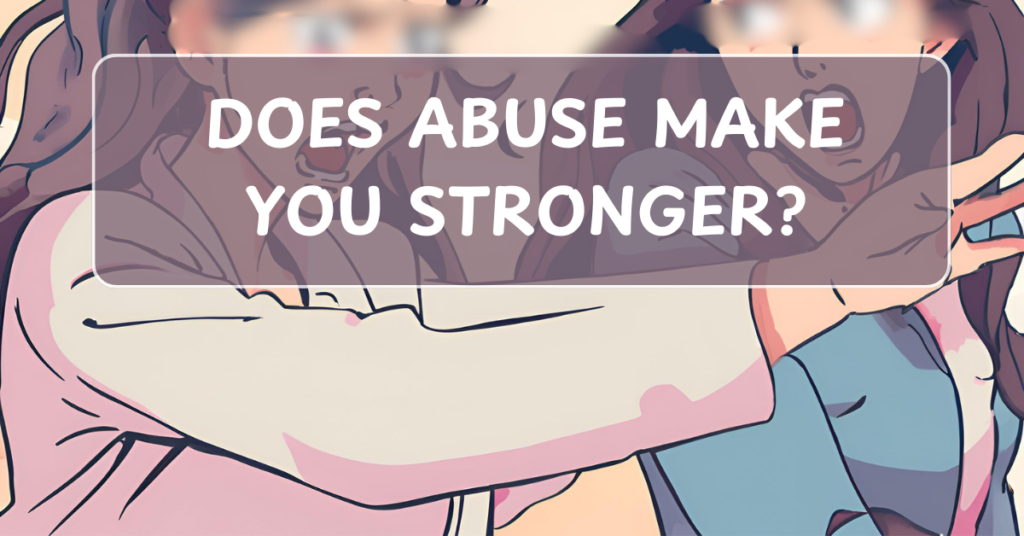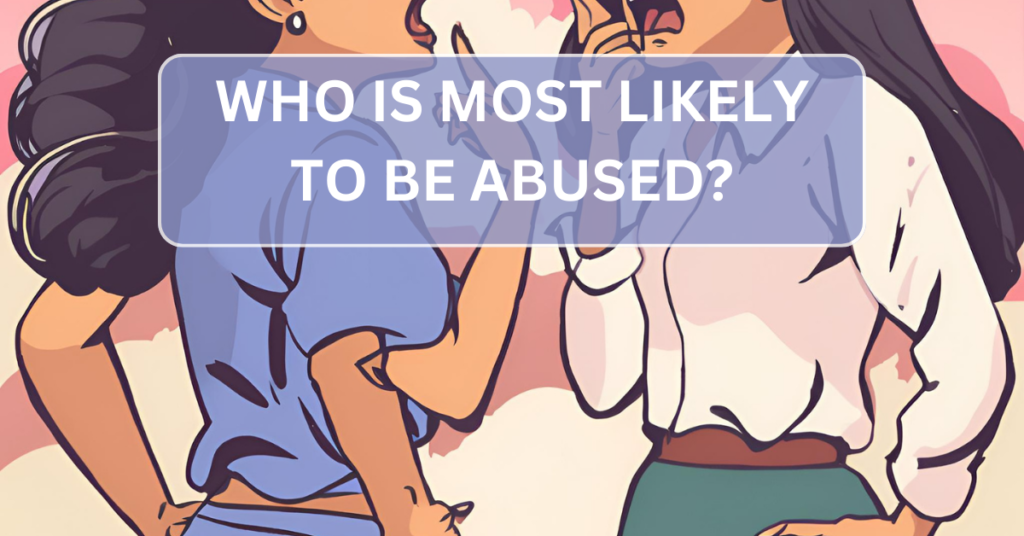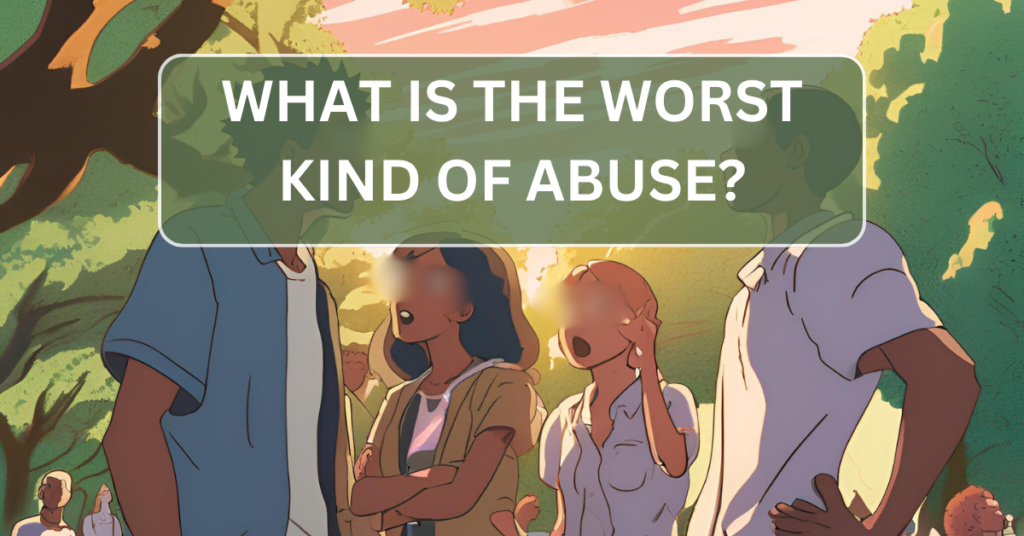
The idea that “what doesn’t kill you makes you stronger” is a popular saying meant to inspire resilience in the face of hardship. While adversity can foster growth and resilience, abuse is a deeply harmful experience that leaves lasting scars—both visible and invisible. The belief that abuse inherently makes someone stronger oversimplifies the reality of what survivors endure and can minimize their pain.
Here, we’ll explore the complex relationship between abuse, strength, and healing.
The Harsh Reality of Abuse
Abuse—whether physical, emotional, sexual, or otherwise—is a traumatic experience. It often leaves survivors grappling with:
- Emotional Pain: Anxiety, depression, and feelings of worthlessness.
- Physical Scars: Injuries or chronic health issues from physical abuse.
- Trust Issues: Difficulty forming or maintaining healthy relationships.
- Coping Challenges: Survivors may turn to unhealthy coping mechanisms to deal with their trauma.
Abuse doesn’t automatically result in strength. Instead, it often leaves survivors with challenges that take time, effort, and support to overcome.
Resilience in the Aftermath
While abuse itself is not a source of strength, surviving and healing from it can foster resilience. Many survivors develop qualities such as:
- Empathy: A deep understanding of others’ pain.
- Self-Awareness: Learning to recognize and prioritize their needs.
- Courage: The bravery to confront their past and build a new future.
These strengths arise not because of the abuse but because of the survivor’s determination to heal and grow.
The Myth of “Strength Through Suffering”
The idea that abuse makes someone stronger can be harmful for several reasons:
- Invalidating the Pain: It implies that suffering is necessary for personal growth, dismissing the trauma’s impact.
- Placing Blame: Survivors might feel pressured to find a “silver lining” or question why they’re struggling if abuse is supposed to make them stronger.
- Glorifying Trauma: It can perpetuate the false notion that enduring abuse is admirable or character-building.
Strength isn’t defined by enduring abuse—it’s found in how individuals rebuild their lives afterward.
Healing and Growth
Healing from abuse is a journey, not a destination. Survivors often grow stronger through:
- Therapy and Support: Professional counseling, support groups, and trusted relationships provide a foundation for recovery.
- Reclaiming Control: Setting boundaries, pursuing passions, and creating a safe environment empower survivors to regain control of their lives.
- Forgiveness (Optional): Some find peace in forgiving their abuser—not to excuse the behavior, but to release the hold it has on them.
This process takes time and is unique to each individual.
Strength on Your Terms
If you’ve survived abuse, know that your strength isn’t measured by how much you’ve endured but by the steps you take toward healing and self-care. Abuse doesn’t make you stronger—you make yourself stronger by choosing to move forward.
If you or someone you know is struggling with the effects of abuse, reach out to a trusted professional or support organization. You deserve a life free from harm and full of possibilities.


